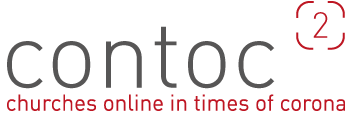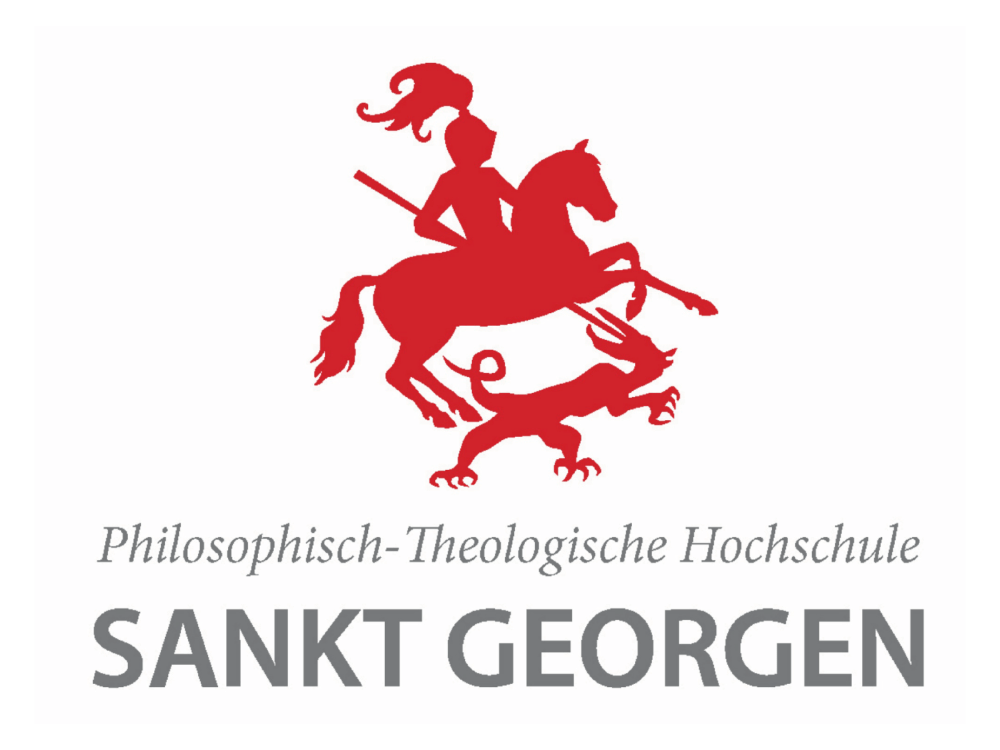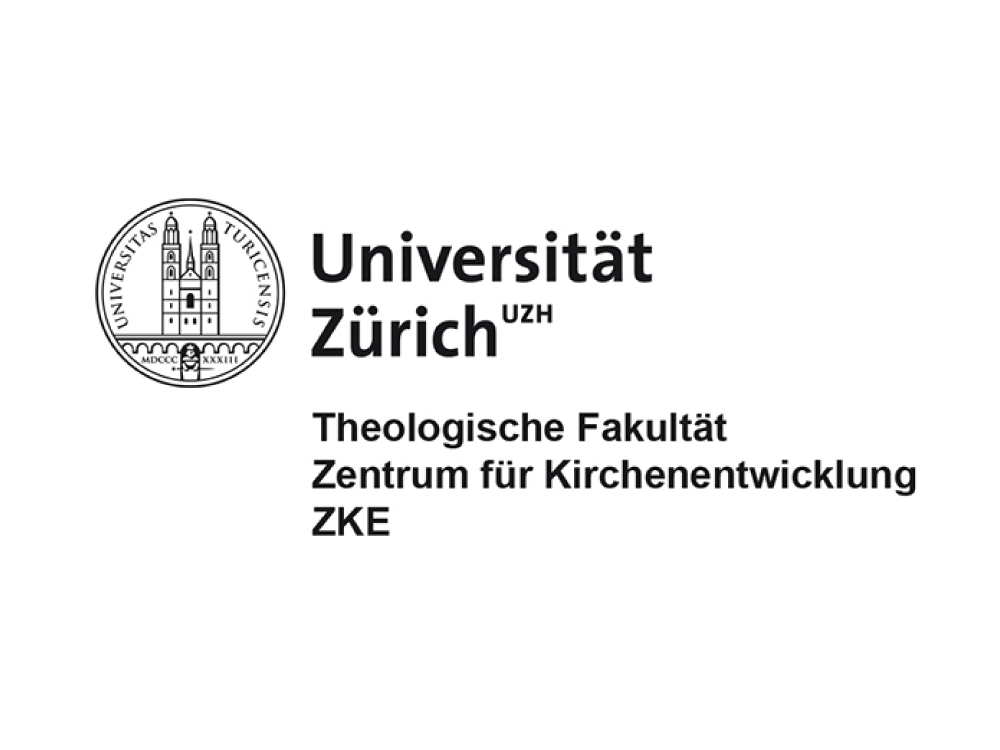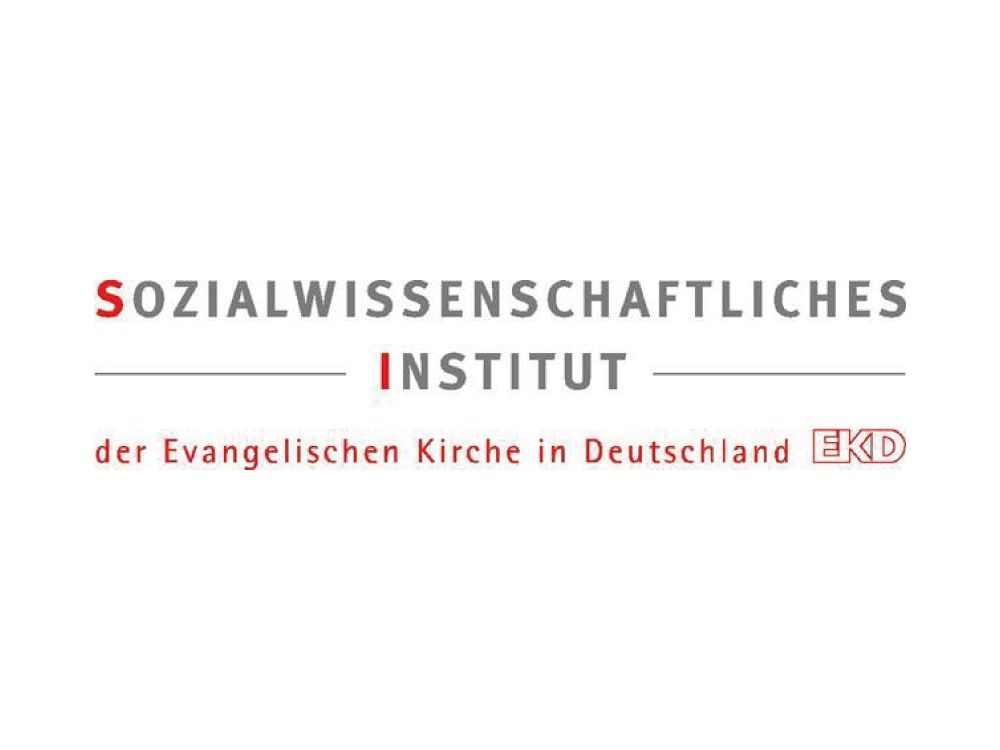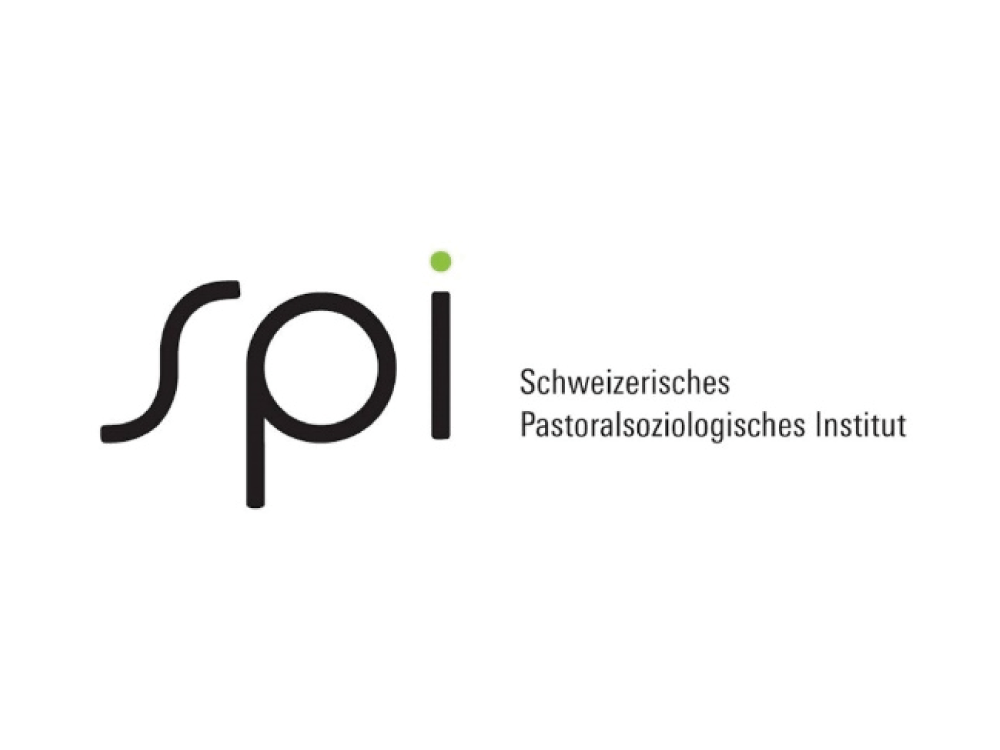CONTOC
Churches Online in Times of Corona
Ecumenical research project on the digital practices of churches under the conditions of assembly restrictions and social distancing during the Covid 19 pandemic
A joint project between:
- Prof. Dr. Thomas Schlag / Dr. Sabrina Müller, University of Zurich, Faculty of Theology
- Prof. Dr. Ilona Nord, University of Wuerzburg, Institute for Protestant Theology
- Dr. Arnd Bünker, Swiss Pastoral Sociological Institute, St. Gallen (SPI)
- Prof. Dr. Wolfgang Beck, Philosophical Theological University of Sankt Georgen, Chair of Pastoral Theology and Homiletics
- Prof. Dr. Georg Lämmlin, Social Science Institute of the Evangelical Church of Germany (SI)
and international partners for the research of digital practices and in particular their aims and challenges in the Protestant and Catholic churches in Germany, Switzerland, further European countries and worldwide during the “Corona measures” from March to June 2020.
Prerequisite: The contact restrictions to contain the SARS Cov-2 pandemic
After the first cases of infection with the COVID-19 virus in Europe became known at the end of January/beginning of February 2020, regulations on restraint in the form of contact and assembly restrictions came into force in the countries at different speeds and to different degrees. On 8 March, a political recommendation was made in Germany to cancel events with more than 1000 people, which was quickly extended to “major events” in general and soon to groups of more than 5 people. On March 19, 2020, the churches finally announced the cancellation of worship service gatherings both in the member churches of the EKD and in the Catholic dioceses.
The research topic: Digital practices and their aims and challenges
In this very extensive restriction of church life, which affected not only church services but also funerals, choirs and all other forms of church gatherings in groups and circles, communication was digitalized in a variety of formats through which contact networks emerged, online worship services were streamed and a wide range of practices were developed; for example, in the areas of church education, pastoral care and diaconia, and also combined concepts of analogue and digital elements. These forms of communication were developed, planned and designed by different actors, and their outreach was aimed at different contexts.
The research project focuses on the question of the design of these practices and the conditions under which they were developed and structured, as well as the question as to what extent they will continue to exist even though the situation has changed again and the return to worship gatherings is expected. Furthermore, the effects and perspectives of this digitalization on the role and self-image of church actors as well as on the church organization will be examined.
The research approach: Questioning those involved in pastoral practice
The research project CONTOC consists of an empirical survey concerning the development and implementation of especially digital offers of church parishes and ecclesiastical services under the conditions of Covid-19-related contact and assembly restrictions in the period from March to June 2020. The idea of the primarily quantitatively oriented survey is to ascertain in a very timely manner the experiences of the digital conversion in pastoral practice – and as such keeping the focus of interest less on the difficulties that have arisen here, but rather on what insights can be gained for the near future in church and parish work. In particular, the fields of activity of worship, pastoral care, education, diaconia and communication will be considered. In addition, pastoral theological questions will be asked about the experiences, assessments and possible consequences of pastoral practice and the self-image of the individual actors. This is combined with perspective questions regarding the future need for support in the area of pastoral “digital literacy”.
In order to achieve the highest possible degree of representativeness, the study works with an online survey of persons who can be reached via central mail directories of the churches and consistently deal with pastoral practice or the church’s field of action. For pragmatic reasons, it is therefore fundamentally directed at the professional group of pastoral actors such as pastors, ministerial staff, priests or analogous professional groups who are responsibly active in parish and church practice. The researchers are aware that precisely the focus on this professional group brings with it certain limitations in view of the manifold digital dynamics in many church-related groups and circles and among its members. However, in view of the time horizon, we consider this survey to be logistically feasible and practicable only with such a concentration.
On implementation: Ecumenical and international comparability
The survey is aimed at pastors and pastoral workers and is conducted in churches of different confessions and denominations on six continents: In the German-speaking area the survey is conducted in Germany, Switzerland and Austria, in other language regions in Argentina, Australia, Brazil, Canada, Chile, Denmark, Finland, Ghana, Great Britain, Hungary, Hong Kong, Malta, Namibia, the Netherlands, Paraguay, Sweden, Singapore, South Africa, South Korea, USA and Uruguay.
Investigation Period and Results
The investigation period begins on May 29, 2020 and ends on July 12, 2020. The first results will be presented to the public in October 2020.
